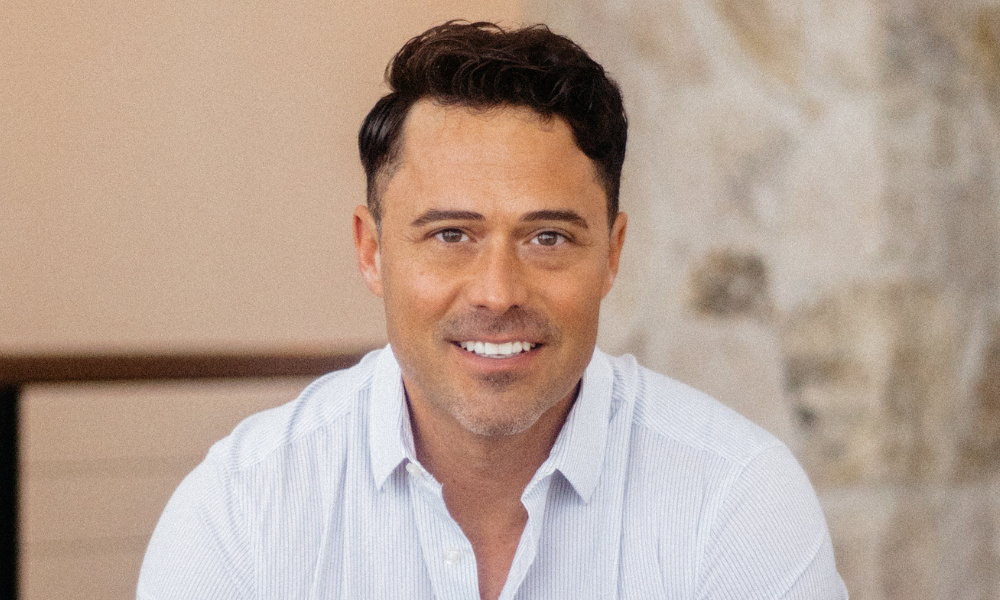The new age of regulation is just getting started, says industry insider
.jpg)
Advisors had better get used to CRM2 because CRM3 is in the pipeline, according to one industry insider.
The recent Mutual Fund Dealers Association (MFDA) CRM2 compliance report said that a “reasonable” number of its members adhered to the regulations but that there were concerns, including the bundling together of Deferred Sales Commissions and trailing fees, and ambiguous definitions provided to clients about DSCs.
Chris Ambridge, president and chief investment officer at Provisus Wealth Management, said that while, for many, the change has been painful, advisors must accept that this age of regulation is here to stay.
He said: “The industry got away with a lot 20-30 years ago, and I’m not saying they are getting their comeuppance, but they are just being forced to now be held to a world standard. At the same time, change is painful, it’s costly, [but] it’s necessary because there have been a lot of individual clients who have been hurt over the years.”
Celebrating our industry successes in the wealth management industry
Ambridge said that CRM2 was needed because digging up the fees your advisor was earning was difficult. And allowing clients to look under the bonnet at the fee breakdown led to some difficult questions.
Ambridge said: “It’s made it more transparent and it’s given clients the notion that for the first time, I am paying fees and I am paying that amount. Why am I paying my advisor when I see him never and talk to him once every two years and he’s earning this?”
While CRM1 fact sheets disclosed what fund manufacturers were earning and CRM2 laid bare what the advisor earned, Ambridge said CRM3 will bring the two aspects together.
He said: “For an average client out there, well, Jonny is earning this and Jonny’s company’s manufacturer is earning this; they have to dig that out. Why can’t it be in one spot so clients can see what they are truly earning? That’s going to be CRM3 and that’s going to affect seg funds, which are extremely overpaid in terms of fees.
“Now they are going to get the same treatment which I think is going to have a very large effect on a lot people as well.”
He added: “I would assume it’s in the regulatory pipeline that they will expand – there’s a lot things still to be worked out. The regulatory oversight of the robos has not been finalised; they are still held to the same standard as other portfolio managers and a lot of people think they should be held to a [standard] more suitable to an online platform. We’ll see what happens there.
“I don’t profess to know what it’ll end up being but if you don’t have a level playing field, someone else will want to get in there and cause some mischief.”
The recent Mutual Fund Dealers Association (MFDA) CRM2 compliance report said that a “reasonable” number of its members adhered to the regulations but that there were concerns, including the bundling together of Deferred Sales Commissions and trailing fees, and ambiguous definitions provided to clients about DSCs.
Chris Ambridge, president and chief investment officer at Provisus Wealth Management, said that while, for many, the change has been painful, advisors must accept that this age of regulation is here to stay.
He said: “The industry got away with a lot 20-30 years ago, and I’m not saying they are getting their comeuppance, but they are just being forced to now be held to a world standard. At the same time, change is painful, it’s costly, [but] it’s necessary because there have been a lot of individual clients who have been hurt over the years.”
Celebrating our industry successes in the wealth management industry
Ambridge said that CRM2 was needed because digging up the fees your advisor was earning was difficult. And allowing clients to look under the bonnet at the fee breakdown led to some difficult questions.
Ambridge said: “It’s made it more transparent and it’s given clients the notion that for the first time, I am paying fees and I am paying that amount. Why am I paying my advisor when I see him never and talk to him once every two years and he’s earning this?”
While CRM1 fact sheets disclosed what fund manufacturers were earning and CRM2 laid bare what the advisor earned, Ambridge said CRM3 will bring the two aspects together.
He said: “For an average client out there, well, Jonny is earning this and Jonny’s company’s manufacturer is earning this; they have to dig that out. Why can’t it be in one spot so clients can see what they are truly earning? That’s going to be CRM3 and that’s going to affect seg funds, which are extremely overpaid in terms of fees.
“Now they are going to get the same treatment which I think is going to have a very large effect on a lot people as well.”
He added: “I would assume it’s in the regulatory pipeline that they will expand – there’s a lot things still to be worked out. The regulatory oversight of the robos has not been finalised; they are still held to the same standard as other portfolio managers and a lot of people think they should be held to a [standard] more suitable to an online platform. We’ll see what happens there.
“I don’t profess to know what it’ll end up being but if you don’t have a level playing field, someone else will want to get in there and cause some mischief.”



